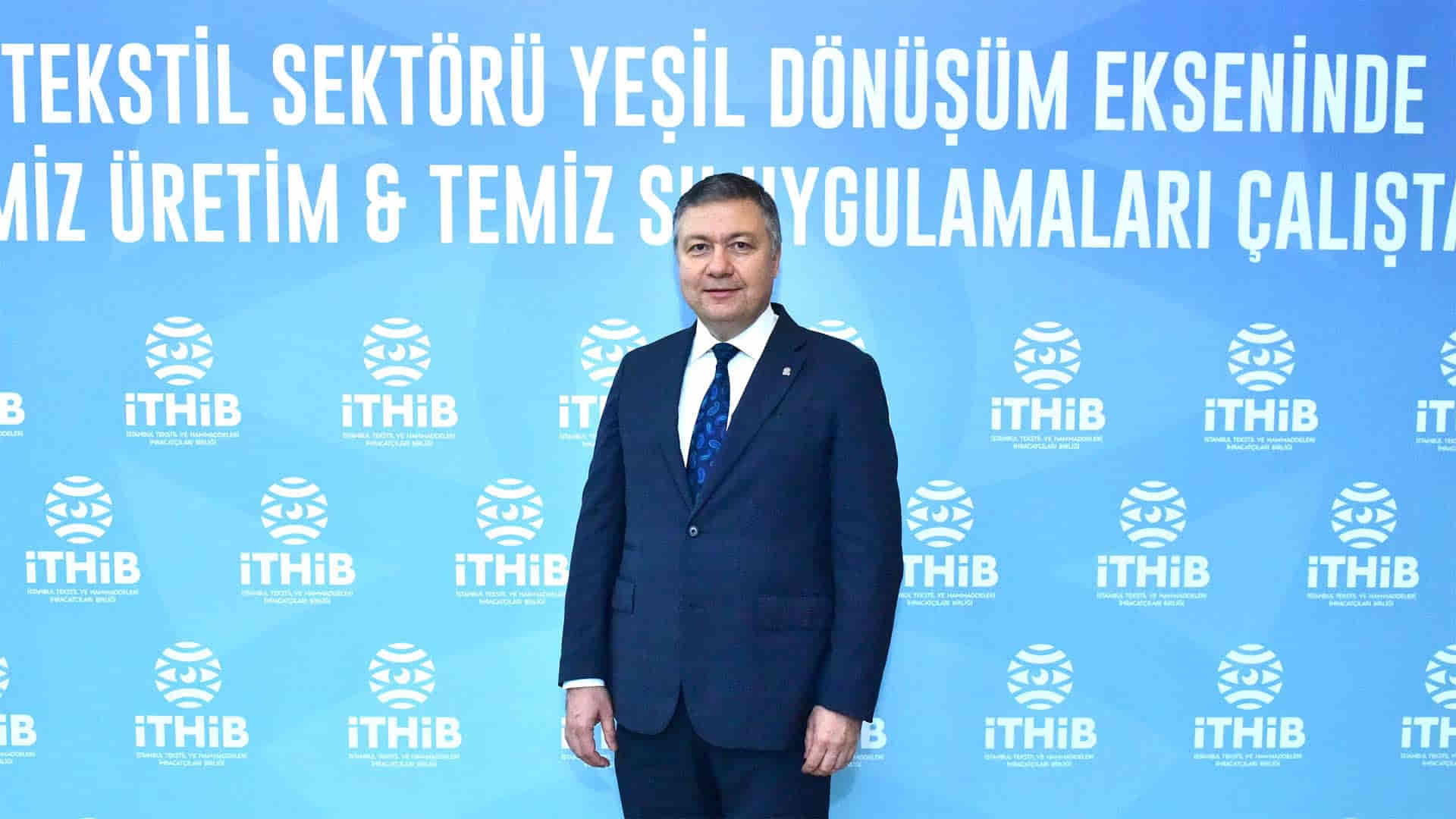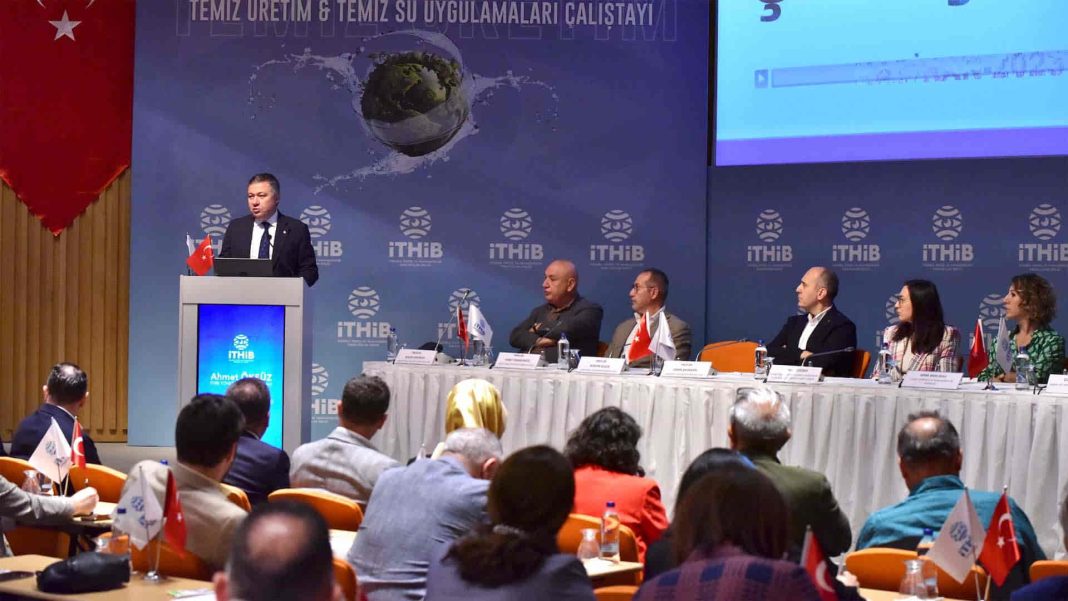In recent years, climate change, global warming and sustainability have come to the fore globally, not only in terms of industrial production but also as a general agenda. Numerous countries, particularly European countries, are taking steps one after the other to ensure sustainability and are introducing new regulations. While the new regulations closely concern all units from production to exports, Türkiye has also accelerated its efforts to adapt to the new era, improve production conditions and leave a more livable world for future generations. In this context, Istanbul Textile and Raw Materials Exporters’ Association (ITHIB), which has carried out many studies in the past years, organized the ‘Clean Production & Clean Water Practices Workshop on the Axis of Green Transformation in the Textile Sector’ in cooperation with the Turkish Textile Finishing Industrialists’ Association (TTTSD). ITHIB Chairman Ahmet Öksüz made a speech at the workshop attended by representatives of the Ministry of Trade, Ministry of Industry and Technology and Ministry of Environment, Urbanization and Climate Change, as well as academicians, consultants and sector companies.

“As Turkish textile sector, we manufacture in accordance with EU norms”
Stating that for the first time, all relevant parties of the Turkish textile industry came together to discuss the road map for clean production and water consumption, Ahmet Öksüz shared the following details: “As the textile sector, we produce 49 billion dollars a year and export 13 billion dollars. I would like to proudly state that we are the fifth largest supplier in the world and the second largest supplier in the EU. While Türkiye’s overall exports have a share of 1 percent in world exports, our textile sector has a share of 3.5 percent. Our goal is to be one of the top 3 largest exporting countries in the world. For this, we should increase our exports by 3 billion dollars more and orientate towards value-added exports.” Öksüz argued that it is actually quite easy to reach these targets since they manufacture in accordance with EU norms throughout the entire supply chain. Öksüz said: “We are far ahead of our competitors in sustainability and green transformation journey.”
Öksüz drew attention to the integrated power of the Turkish textile industry and explained that there are still steps to be taken as follows: “Water use is one of our most sensitive solution points. Approximately two billion people in the world do not have access to safe drinking water. Türkiye’s annual usable water amount is approximately 112 billion cubic metres. The largest share of the water supply in Türkiye belongs to the manufacture of food products with 22 percent. The food sector is followed by textile products with a share of 18 percent and chemical products with a share of 16 percent. These figures show us that we need to give a good account of ourselves for the world, for our future.”
